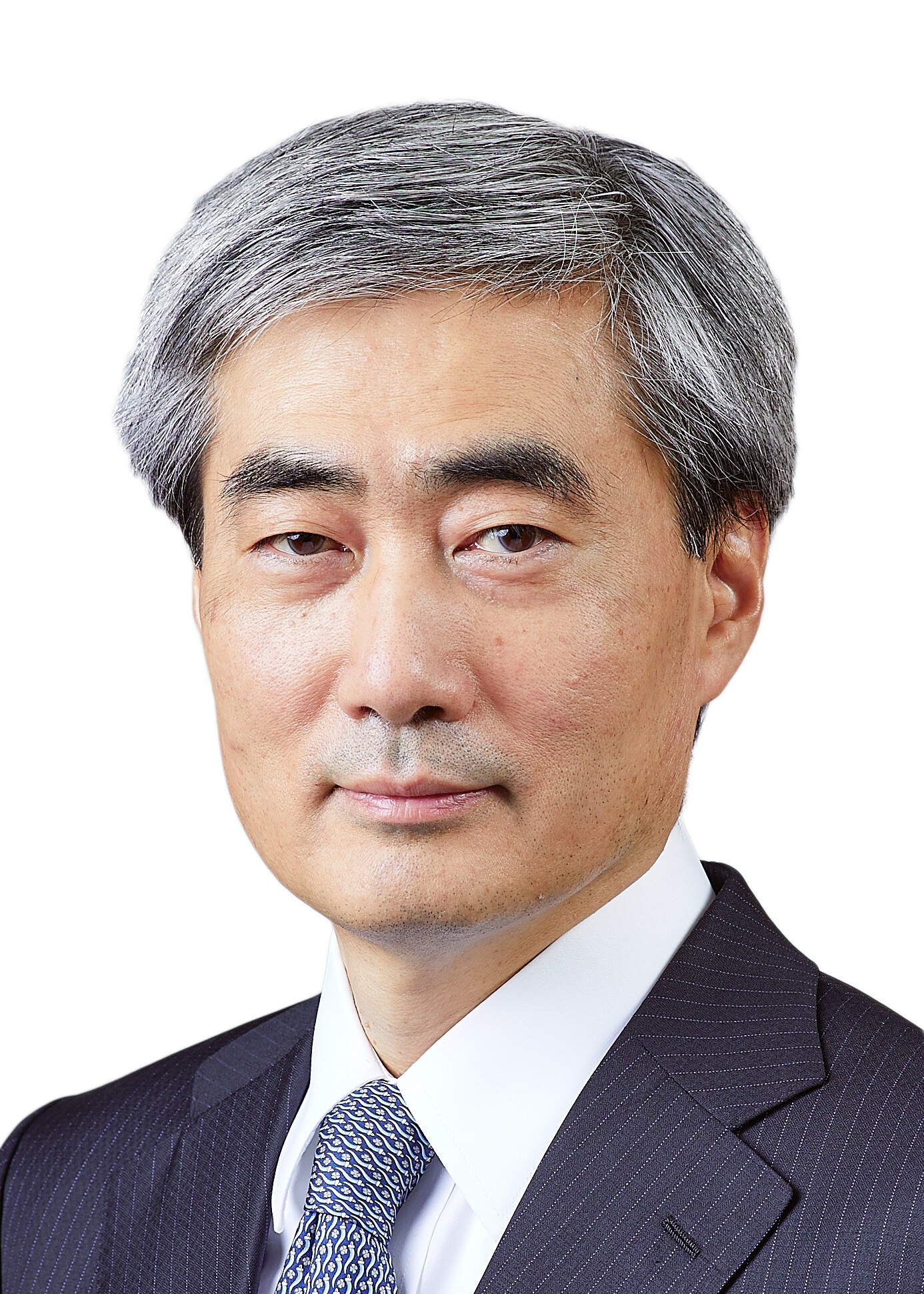Tuesday, Oct 22, 2024 | 05:00 PM - 05:45 PM
Location: Meeting Halls A&B HQ1-3-430A&B
OVERVIEW
Capacity building and technical assistance play a critical role in helping achieve enhanced cross-border payments. This relates closely to, and builds on, the IMF’s and World Bank’s respective missions. The IMF and World Bank are committed to collaborate, coordinate, and complement each other on cross-border payments technical assistance wherever possible and appropriate at country/project level. This session will discuss how to improve cross-border payments including by facilitating links between fast payment systems, and will review experience and lessons from the field
MODERATOR
 Chiara Scotti Deputy Governor, Bank of Italy
|
Chiara Scotti is Deputy Governor of the Bank of Italy. For almost 20 years, she worked for the Federal Reserve System, also serving as Special Adviser to former Vice Chair Richard Clarida during the pandemic. She then joined the Leadership Team of the Federal Reserve Bank of Dallas, where she was Senior Vice President and Director of Research, headed the Bank's Research and Statistics departments and acted as adviser to President and CEO Lorie Logan on monetary policy. Her areas of expertise include monetary policy, central bank communication, financial stability, digital assets, and empirical macroeconomics and finance. Chiara graduated with distinction in Economics from the Bocconi University and she was subsequently awarded an MA in Economics and a PhD in Economics from the University of Pennsylvania.
PANELISTS
Tobias Adrian Financial Counsellor and Director of MCM, IMF
|
Tobias Adrian is the Financial Counsellor and Director of the Monetary and Capital Markets Department of the International Monetary Fund (IMF). In this capacity, he leads the IMF’s work on financial sector surveillance, monetary and macroprudential policies, digital money, financial regulation, bank resolution, debt management, capital markets, and climate finance. He also oversees capacity building activities in IMF member countries with regard to the supervision and regulation of financial systems, bank resolution, central banking, monetary and exchange rate regimes, central bank digital currency, and debt management. Prior to joining the IMF, Mr. Adrian was a Senior Vice President of the Federal Reserve Bank of New York and the Associate Director of the Research and Statistics Group. At the Federal Reserve, he contributed to monetary policy, financial stability policies, and to crisis management. Mr. Adrian has published extensively in economics and finance journals. His research spans macro-finance, monetary policy, financial stability, and climate finance, with a focus on aggregate consequences of capital markets developments. He has taught at Princeton University and New York University. He is member of the editorial boards of the International Journal of Central Banking and the Annual Review of Financial Economics. Mr. Adrian holds a Ph.D. from the Massachusetts Institute of Technology in Economics, an MSc from the London School of Economics in Econometrics and Mathematical Economics, a Diplom from Goethe University Frankfurt and a Maîtrise from Dauphine University Paris. He received his Abitur in Literature and Mathematics from Humboldtschule Bad Homburg.
Phil Mnisi Governor, Central Bank of Eswatini |
Prior to his appointment as Governor, he served as the Chief Executive Officer of Eswatini Sugar Association and Standard Bank Eswatini. Before then, he served as Assistant Governor of the Central Bank of Eswatini. A Chartered Marketer Southern Africa (CMSA), and member of the Institute of Directors in Southern Africa (IoD), Phil holds a PhD in Leadership and Management from Logos University, USA; a Masters Degree in Business Leadership (MBL) from the University of South Africa (UNISA), a B.Com (Accounting) Degree and has completed an Executive Leadership Development Program from GIBS University and a Program on Investment Appraisal Management from Harvard University, USA. His corporate leadership experience spans more than 25 years in Eswatini and abroad. In South Africa, he worked for ABSA as Head of Group Talent Management and was a member of the Senior Leadership Group. Prior to joining ABSA, he was the Chief Executive Officer of the Institute of Bankers (IOB). In Eswatini, he held senior positions at Nedbank, Eswatini Industrial Development Company (EIDC) and the Commonwealth Development Corporation (CDC). Dr. Phil is experienced in corporate governance, strategy and leadership after serving in various companies and organizations locally and internationally as a Chairman and/or Board member. He has also served in multiple national commissions as Chairman.
Pablo Saavedra Vice President for the Prosperity vertical, WBG |
Pablo Saavedra leads the World Bank’s Practice Group that work on macroeconomics, fiscal policy, growth, trade, finance, investment, competitiveness, poverty, governance, and climate economics. A Bolivian national, he served in several positions of responsibility across the Bank. He was the Chief of Staff of the World Bank Group. Prior to that, he served as the Country Director for Mexico, and earlier as the Practice Manager of the Macroeconomics, Trade, and Investment unit in the Latin America and Caribbean Region. He worked as Economic Adviser at the Country Economics department of Operations Policy and Country Services (OPCS) Vice Presidency and was the Operations Committee (OC) Secretary. He held several economist positions in the Prosperity unit of the Europe and Central Asia Region.
CLOSING REMARKS
 Hyun Song Shin Economic Adviser and Head of Research, BIS
|
As the BIS Economic Adviser, Mr Shin co-leads the Monetary and Economic Department and is part of the Bank’s senior management as a member of its Executive Committee.
Mr Shin has a background in academia. Before he took up his current position in May 2014, he was the Hughes-Rogers Professor of Economics at Princeton University, having previously held appointments at Oxford University and the London School of Economics. He has been an intellectual leader in the fields of banking, international finance and monetary economics, topics on which he has published widely, both in leading academic and official publications.
One area of recent focus has been in developing the BIS’s research programme on digital innovation and the financial system, including the design of central bank digital currencies and their implications for users, financial intermediaries and the central bank. Mr Shin was part of the BIS management team that developed the BIS Innovation Hub, and served as its Interim Head at its launch in 2019.
Mr Shin is a Korean national. In 2010, while on leave from Princeton University, he served as Senior Adviser to the Korean president, taking a leading role in formulating financial stability policy in Korea and developing the agenda for the G20 during Korea's presidency.
Mr Shin is author of numerous publications in the fields of monetary policy, banking, finance and issues related to financial stability and further details are available: www.bis.org/author/hyun_song_shin.htm.